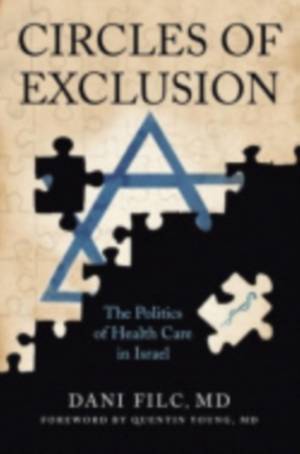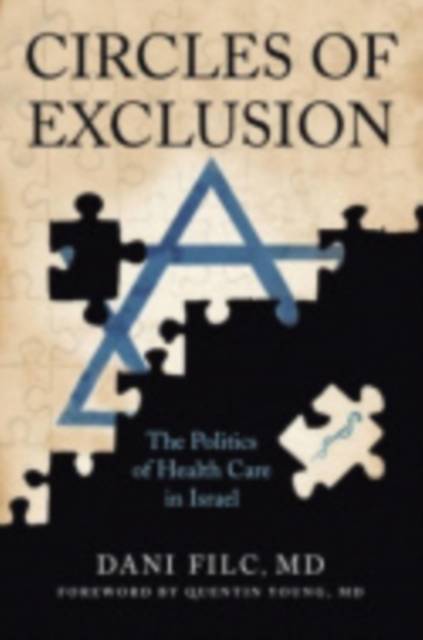
- Retrait gratuit dans votre magasin Club
- 7.000.000 titres dans notre catalogue
- Payer en toute sécurité
- Toujours un magasin près de chez vous
- Retrait gratuit dans votre magasin Club
- 7.000.000 titres dans notre catalogue
- Payer en toute sécurité
- Toujours un magasin près de chez vous
Description
In its early years, Israel's dominant ideology led to public provision of health care for all Jewish citizens-regardless of their age, income, or ability to pay. However, the system has shifted in recent decades, becoming increasingly privatized and market-based. In a familiar paradox, the wealthy, the young, and the healthy have relatively easy access to health care, and the poor, the old, and the very sick confront increasing obstacles to medical treatment.In Circles of Exclusion, Dani Filc, both a physician and a human rights activist, forcefully argues that in present-day Israel, equal access to health care is constantly and systematically thwarted by a regime that does not extend an equal level of commitment to the well-being of all residents of Israel, whether Jewish, Israeli Palestinians, migrant workers, or Palestinians in the Occupied Territories. Filc explores how Israel's adoption of a neoliberal model has pushed the system in a direction that gives priority to the strongest and richest individuals and groups over the needs of society as a whole, and to profit and competition over care.Filc pays special attention to the repercussions of policies that define citizenship in a way that has serious consequences for the health of groups of Palestinians who are Israeli citizens-particularly the Bedouins in the unrecognized villages-and to the ways in which this structure of citizenship affects the health of migrant workers. The health care situation is even more dire in the Occupied Territories, where the Occupation, especially in the last two decades, has negatively affected access to medical care and the health of Palestinians. Filc concludes his book with a discussion of how human rights, public health, and economic imperatives can be combined to produce a truly equal health care system that provides high-quality services to all Israelis.
Spécifications
Parties prenantes
- Auteur(s) :
- Editeur:
Contenu
- Nombre de pages :
- 208
- Langue:
- Anglais
- Collection :
Caractéristiques
- EAN:
- 9780801447952
- Date de parution :
- 15-06-09
- Format:
- Livre relié
- Format numérique:
- Genaaid
- Dimensions :
- 160 mm x 231 mm
- Poids :
- 476 g







